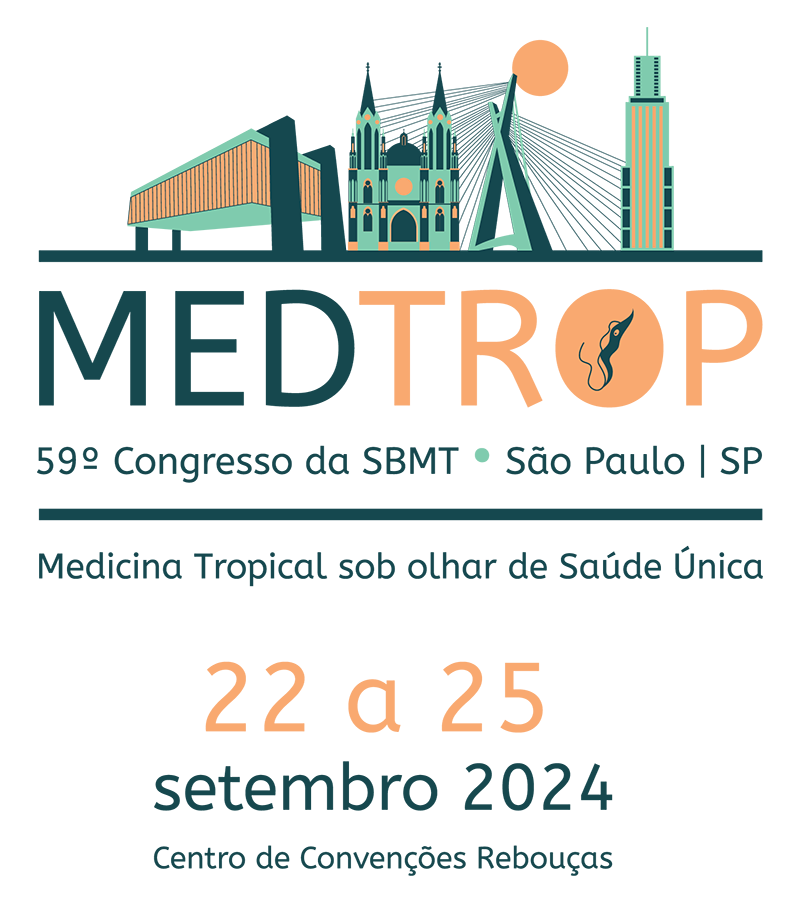Dados do Trabalho
Título
MONITORING OF SARS-COV-2 AT A UNIVERSITY IN THE METROPOLITAN REGION OF THE STATE OF SÃO PAULO: Epidemiological Characteristics and Humanized Guidance on a Large Scale Using WhatsApp
Introdução
Due to the SARS-CoV-2 pandemic, nonessential activities were restricted in 2020. Universities began to study safe ways to return to activities, which pointed out that the biosecurity measures that were sustained as effective were the use of masks, social distancing, in addition to monitoring programs by testing and the isolation of contaminated individuals.
Objetivo (s)
The objective of this study was to apply the RTqPCR method in mass testing with a saliva sample collected on dry cotton; have a personal and humanized approach as a way to mitigate the psychological effects caused by the pandemic; maintain contact with monitored subjects in order to obtain information to be used in the development of biosafety policies and protocols, and investigate the symptoms of virus infection in the community and correlate with the epidemiological characteristics of the population.
Material e Métodos
The testing method allowed the sample to remain viable for two weeks and the collection boxes could be handled by workers without risk of contamination. Sample analysis could be carried out in a BSL-2. Positive results were delivered by a healthcare professional by information and communication technology (telephone, e-mail and Whatsapp web "covid monitor").
Resultados e Conclusão
During the monitoring period (May 2021 to December 2022), 3 waves of contamination were observed in the UFABC community. Whatsapp web “covid monitor” proved to be a valuable tool for contacting the community, as a humanized channel to receive questions and concerns, contact and guidance regarding the biosafety protocols adopted at the University, and health issues in general, which subsidized monitoring by providing a rich and detailed collection of data. It was possible to observe differences, both in quantity and quality of symptoms depending on the moment of infection (wave), and/or with regard to the place (city) in which the infection occurred. Which points to an evolution in viral characteristics, whether in time or space. Not only monitoring and testing itself, but the entire community guidance process is essential for the successful mitigation of SARS-CoV-2 infections. The possibility of using the UFABC community as a potential sentinel for epidemiological surveillance of the Metropolitan region of Sao Paulo for infectious agent that may be of interest was observed. This research was approved by the Ethics Committee on Human Research of the Universidade Federal do ABC. This work was financed by UFABC and CAPES.
Palavras Chave
Epidemiological surveillance; mass testing; SARS-CoV-2; saliva sample; humanized guidance.
Área
Eixo 09 | COVID-19 humanas e veterinárias
Prêmio Jovem Pesquisador
2.Concorrer na categoria - Mestrado
Autores
Maira Andretta, Edmar Silva Santos, Carla Moreira Santana, Felipe Trovalim Jordão, Vitoria Luiza Santos Damasceno, Veronica Nikoluk Friolani, Ana Lucia Geraldo, Livia Jesus Ferreira, Rafael Lagler, Diego Marin Fermino, Márcia Aparecida Sperança

 Português
Português English
English